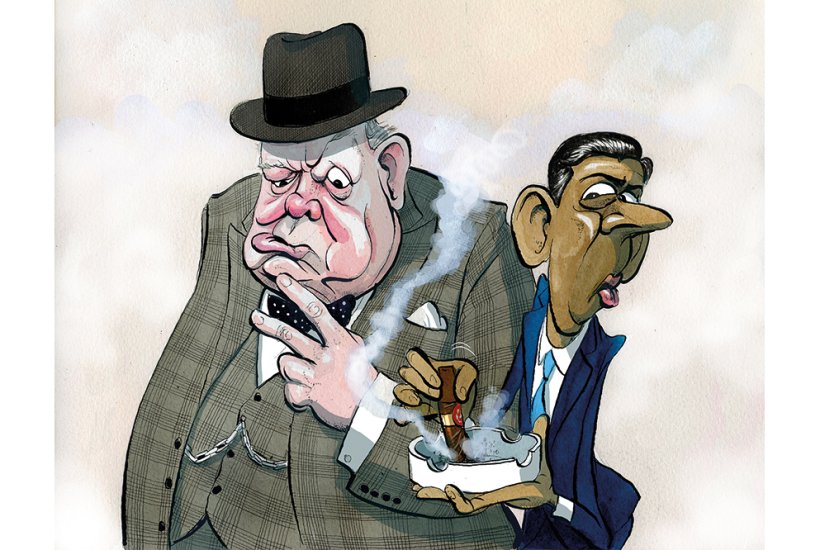Rishi Sunak stood glowering over a school table and listed, with disdain, the flavours of the vapes that lay on the table in front of him. ‘Grapefruit,’ the Prime Minister declared. ‘Bubblegum. Strawberry. Berry Burst.’ Pupils at Haughton Academy were then invited to express their own disgust: ‘Bright colours,’ observed one student.
Already a subscriber? Log in
Subscribe for just $2 a week
Try a month of The Spectator Australia absolutely free and without commitment. Not only that but – if you choose to continue – you’ll pay just $2 a week for your first year.
- Unlimited access to spectator.com.au and app
- The weekly edition on the Spectator Australia app
- Spectator podcasts and newsletters
- Full access to spectator.co.uk
Or
Unlock this article
You might disagree with half of it, but you’ll enjoy reading all of it. Try your first month for free, then just $2 a week for the remainder of your first year.









Comments
Don't miss out
Join the conversation with other Spectator Australia readers. Subscribe to leave a comment.
SUBSCRIBEAlready a subscriber? Log in